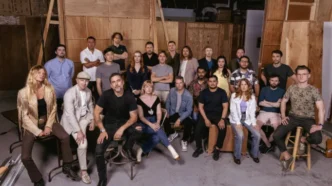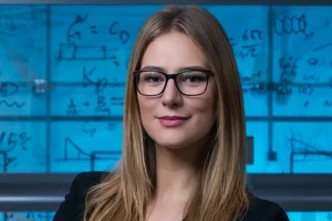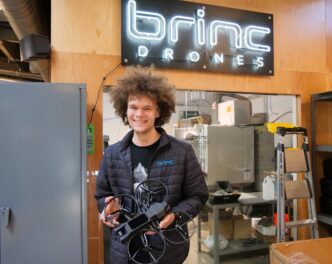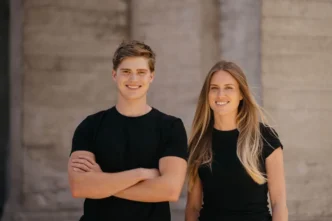Los Angeles-based AI video creation startup Moonvalley has secured a fresh $43 million in funding, according to a recent SEC filing. This latest capital injection follows the company’s official launch of its first generative AI model, Marey, just over a week ago.
While the filing lists 11 unnamed investors, a company spokesperson clarified that the disclosed amount isn’t final. “The SEC document doesn’t reflect the total amount raised,” they said, adding that a complete announcement will follow soon.
Riding the Wave of Generative Video Hype
Moonvalley enters a rapidly expanding market where competition is intensifying. From startups like Runway and Luma to giants such as Google and OpenAI, the generative video landscape is evolving fast. However, industry observers note that many of these tools offer similar capabilities, making differentiation more challenging by the day.
That’s where Moonvalley’s Marey model aims to stand out.
What Makes Marey Different?
Developed in collaboration with Asteria, a relatively new player in AI animation, Marey delivers high-definition video clips of up to 30 seconds. It also includes granular customization options, such as fine-tuned camera angles and motion controls — a feature that sets it apart from more basic generators.
Moonvalley emphasizes that Marey carries lower legal risks than many competing models. While some video generators rely on scraping public internet data — often including copyrighted material — Moonvalley takes a more structured approach.
A Cleaner Path to Training Data
To reduce legal exposure, Moonvalley works directly with partners to license content properly. It then curates these assets into datasets that are ethically sourced and legally acquired. This strategy mirrors Adobe’s model through its Adobe Stock platform, where creators are compensated for their contributions.
In an environment where AI training practices are increasingly scrutinized, this licensing-first method could offer Moonvalley a competitive advantage — especially as lawsuits against unauthorized training data become more common.
Protecting Creators and Building Trust
The rise of AI-generated video has triggered anxiety in creative circles. A 2024 report commissioned by the Animation Guild estimated that over 100,000 entertainment industry jobs in the U.S. could be disrupted by AI by 2026. Understandably, many artists are wary.
Moonvalley appears to be listening. The company plans to let creators request the removal of their content from training models, allow customers to erase their own data, and offer indemnity protection to shield users from copyright claims.
Additionally, Moonvalley is putting up strong content safeguards. Its models won’t process NSFW prompts or generate videos featuring specific individuals or celebrities. These restrictions echo OpenAI’s approach with Sora, showing a shared commitment to ethical AI deployment.
A Crowded But Promising Future
Despite market saturation concerns, the space for generative video tools remains one of the most dynamic frontiers in AI. With its responsible data practices, customizable features, and strong creator protections, Moonvalley is positioning itself as a credible and compliant alternative in the race to build the future of AI video.













